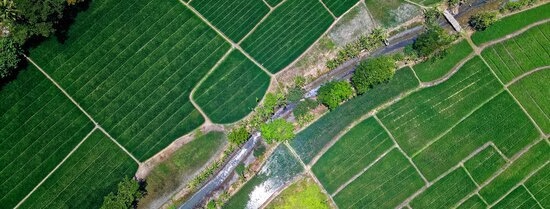Having enough food is fundamental to creating prosperity. This is one reason why more than 40% of the EU’s budget is still dedicated to improving agriculture, while less than 5% of the working population is actually employed in the agricultural sector. Since World Word II the Western World has taken a more industrialized approach to agriculture to achieve better yields. It includes large scale farming and extensive use of pesticides combined with genetically modified crops (that are made resistant to the pesticides). However, this approach comes with substantial drawbacks.
Interview with Yogi Hale Hendlin
Interdisciplinary Paper
The use of toxic pesticides has serious negative effects on the environment, which are not always sufficiently scrutinized. Thus, a few companies can generate billions in revenue each year from selling these chemicals, while many people suffer from their use on farms. An international structure for agricultural regulation exists, to mitigate risks in this respect, but that has limitations. As one example, DoIP researchers in international law and philosophy have investigated how the negative effects of glyphosate, the most widely used pesticide, on water quality has been relatively ignored by international regulatory agencies, with detrimental effects to wildlife and human health. The negative effects of glyphosate on soil and water have been acknowledged before and they for instance feature prominently in the recently released movie “Kiss the Ground”, which emphasizes the importance of sustainable farming. The DoIP study exposed the weaknesses in the regulatory framework, e.g. the emphasis on the direct toxic effects of a specific chemical as revealed in laboratory test and limited attention for its more complicated indirect chain effects in the field. Results from the study have led to an international conference and a special issue in the European Journal of Risk Regulation. Insights from this study do not only relate to glyphosate, but can also be applied to the scrutiny of its successors, e.g. through updates of European Directives.
The Science and Politics of Glyphosate
Impression of the Workshop

Prof. Sheila Jasanoff on Glyphosate

Involved Researchers
This is an interdisciplinary research project, founded by researchers of the Dynamics of Inclusive Prosperity Initiative.



